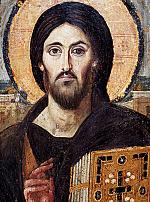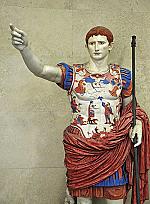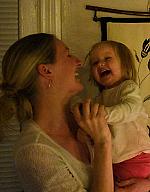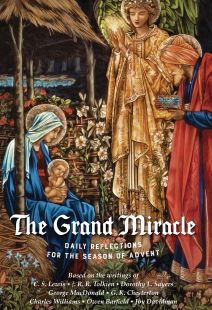Day 7. Creative beings in a created world
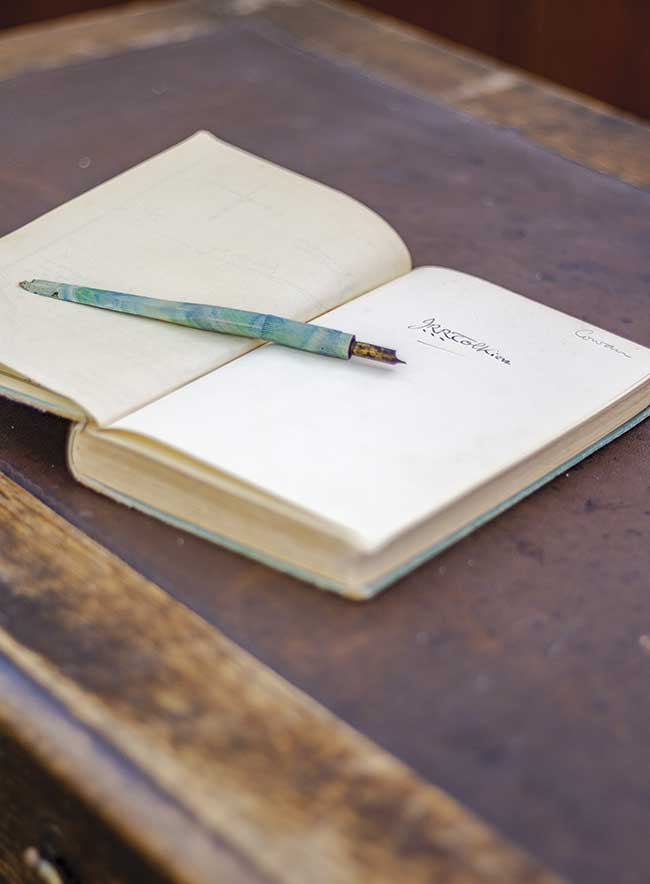
[above: Tolkien’s writing desk dip pen, and signature in a first edition of The Hobbit—Marion E. Wade Center, photographer: Aaron Hill.]
For God’s foolishness is wiser than human wisdom, and God’s weakness is stronger than human strength. (1 Corinthians 1:25, NRSV)
The incarnation of God is an infinitely greater thing than anything I would dare to write.
—J. R. R. Tolkien, The Letters of J. R. R. Tolkien, Letter #181
I once met a theologian who was critical of what he saw as J. R. R. Tolkien’s lack of expression of his faith, as there are no places of worship in Middle-earth. However the world of Middle-earth in its pre-Christian age is full of the presence of its divine maker, heralding the Incarnation of God himself in a future age.
Tolkien saw the creativity of storytellers as “sub-creation”—the world of the story is made in the image of the primary creation of God. In fact the storyteller himself or herself is made in the image of God; that image is distorted, but nevertheless still human. In his creation of the mythological and detailed world of Middle-earth—with its languages, peoples, and history—Tolkien extensively explores the increasing presence of God in many acts of providence and prophecy.
Angelic beings such as messengers, guardians, and helpers appear as incarnate human beings—think of Gandalf the wizard. Their appearance, as well as instances when elves marry mortals (such as Aragorn’s marriage to Arwen), are just some of many foreshadowings and heraldings of the long-expected king—who, when he eventually comes, is in turn a foreshadowing of Christ the king’s infinitely greater Incarnation in that future age. The apparent foolishness of the quest of hobbits Frodo and Sam to destroy the evil ring of power in the hell of Mordor foreshadows the apparent foolishness of death on the cross.
In their captivating way, Tolkien’s stories are a deep reminder of the Incarnation of Jesus, the Son of God, as the glorious fulfillment of the increasing presence of God—the maker of heaven and earth. He came to the world we live in and experience as God-with-us, Emmanuel. Tolkien’s fantasy history points us to real history in a vibrantly fresh way. Can you see your own creative self as an expression of the creator living through you?
PRAYER: Thank you, Lord Jesus, for entering the physical world of your own creation to be with us forever. May our creativity be a tangible reminder and reflection of your love. Amen.
By Colin Duriez
[Christian History originally published this article in Christian History Issue #133+ in 2019]
Colin Duriez is the author of a number of books about Tolkien, Lewis, and the Inklings and received the Clyde S. Kilby Research Grant from the Marion E. Wade Center, Wheaton College, in 1994 for his work on the Inklings.Next articles
Day 8. God became man
God, the lawgiver, provides the necessary forgiveness to cover our failures.
Max McLeanDay 9. Recorded history
Quirinius’s distinctive name firmly roots the Incarnation in human history.
Philip RykenDay 10. Holy laughter
True laughter, holy gladness, requires freedom from the world.
Jennifer Trafton



